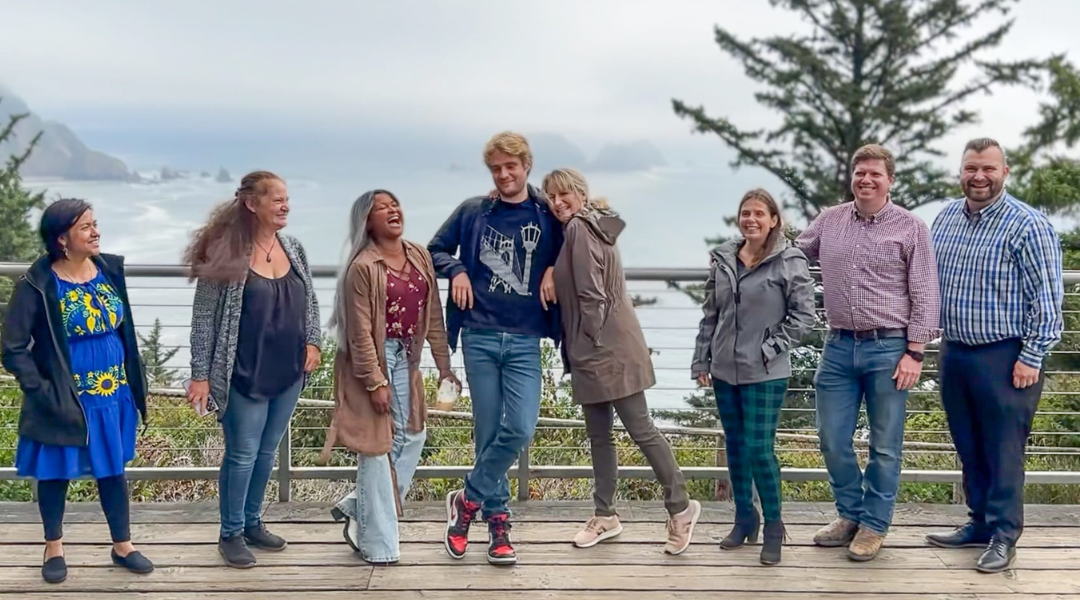
Levi Freedman, playing Gin Rummy with his grandmother, Donna Stone Hellenbrand | Credit: Leslie Gray
More than 60 years ago, the introduction of residential communities for people over 60 served to redefine aging in America, elevating both a golden years lifestyle — graying as playing — and furthering radical age segregation.
The influence of that trend continues to be profound. Consider the new Census, naming The Villages in Florida, with its 130,000 residents, as the fastest growing metropolitan area in America.
That’s reason for considerable concern, as Encore.org Board Chair Paul Irving argues in a new essay for Next Avenue—and as the 2020 documentary Some Kind of Heaven shows in all its horrifying glory.
Lance Oppenheim, the film’s 25-year-old director, himself came away from The Villages convinced that age-segregated living was no way to grow older—bad for older people, younger people, and our rapidly aging society.
Fortunately, there’s another trend afoot, one moving in the opposite direction from The Villages and arguably expanding even more rapidly. Witness the fastest growth in multigenerational living since the 1940s, as individuals of all ages flock to live together.
I’ve joined that trend personally. But this transformation isn’t just happening within families. It’s pushing out into communities—connecting unrelated older and younger people, and those in the middle, coming together for mutual benefit.
And now a spate of new stories is capturing this wave of innovation, including a Washington Post article featuring Encore and some of our fellows, including Derenda Schubert of Bridge Meadows and Tim Carpenter of Engage, as well as our founding program, Experience Corps(now AARP Experience Corps).
The Washington Posts coverage follows an entire design section in the New York Times earlier this month tracing this trend across the globe.
America is on the doorstep of becoming a much more multigenerational society, with five generations living and working at the same time. Many view that transformation as the source of division, disconnection, and dysfunction—a future embodied by places like The Villages.
Fortunately, there’s another way, and housing can realize that promise when it brings us together, across age and other divides, to forge bonds, further understanding, and model the multigenerational future.
Marc Freedman is the founder and co-CEO of CoGenerate and author, most recently, of How to Live Forever: The Enduring Power of Connecting the Generations.





